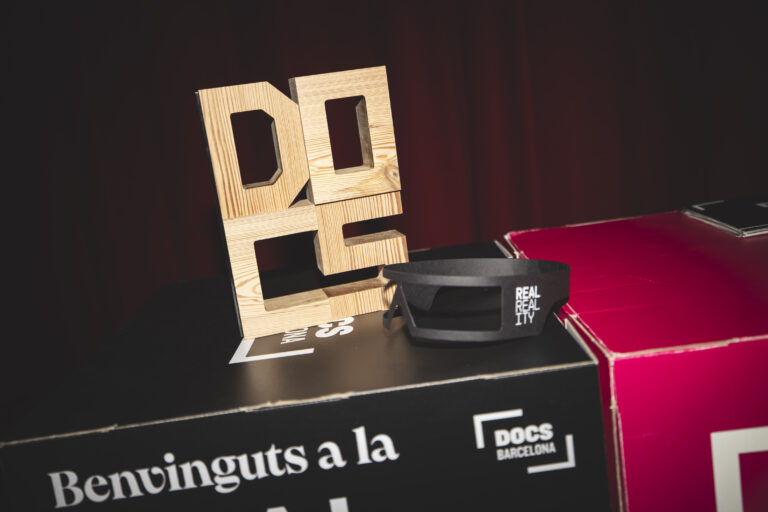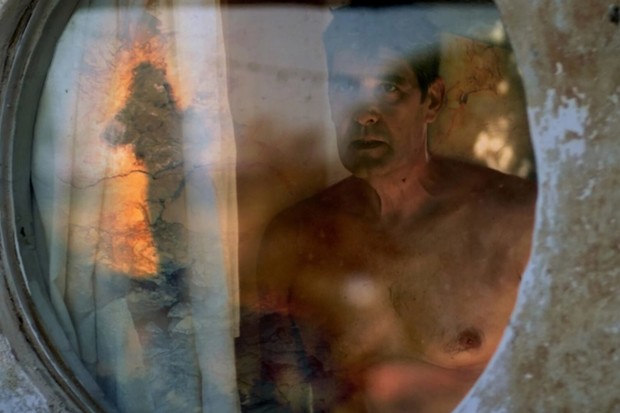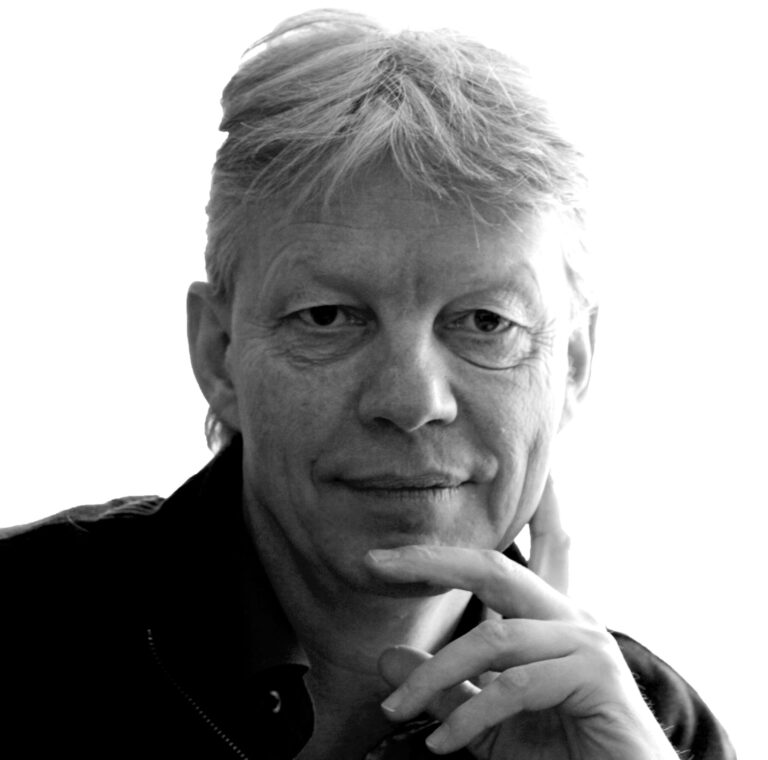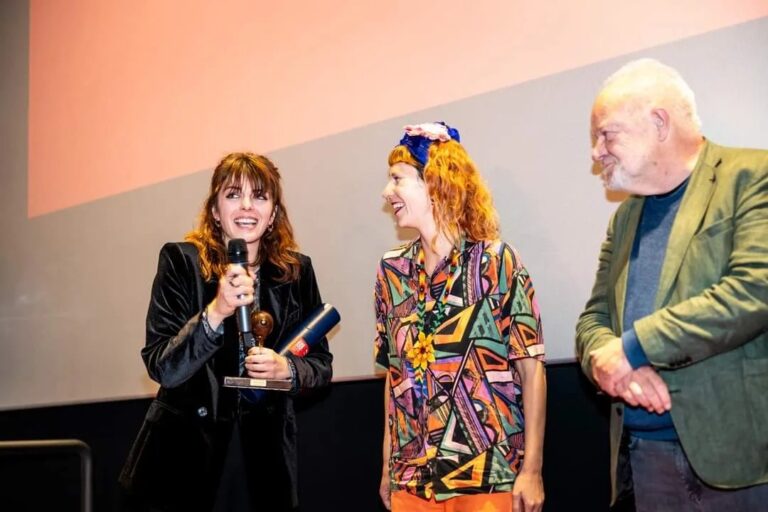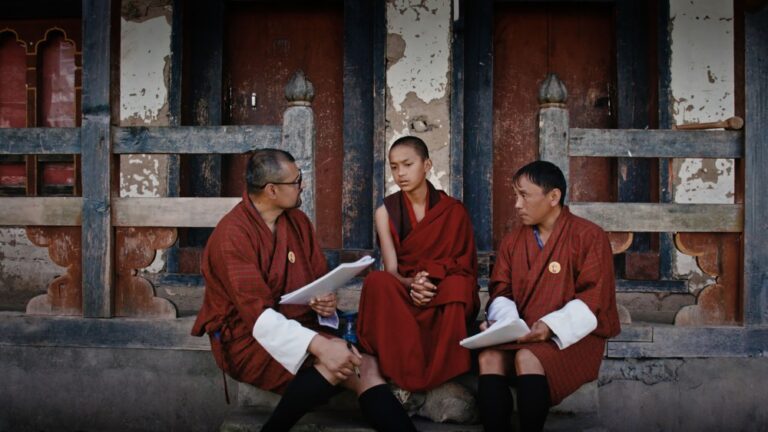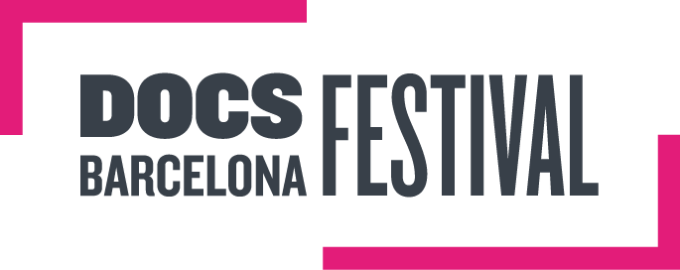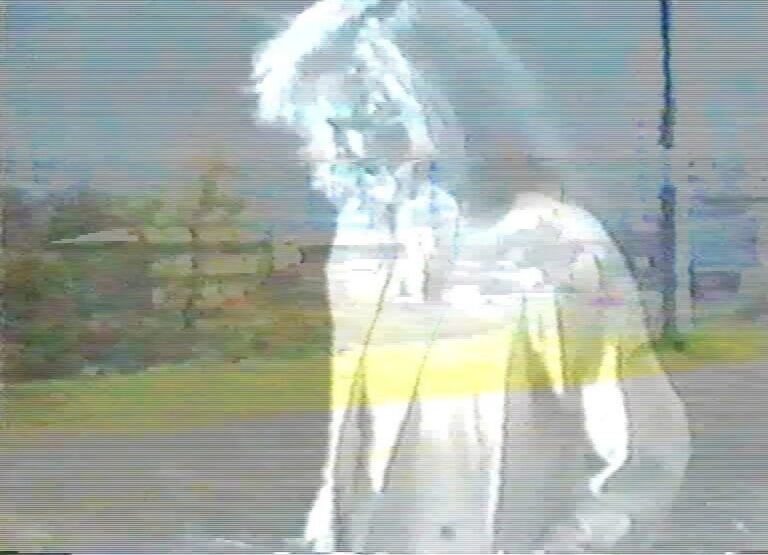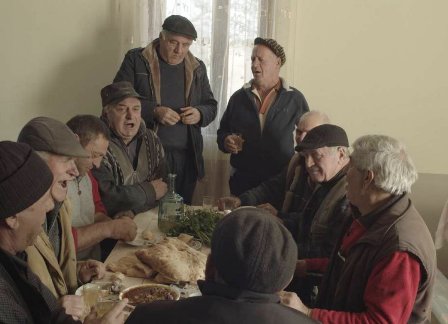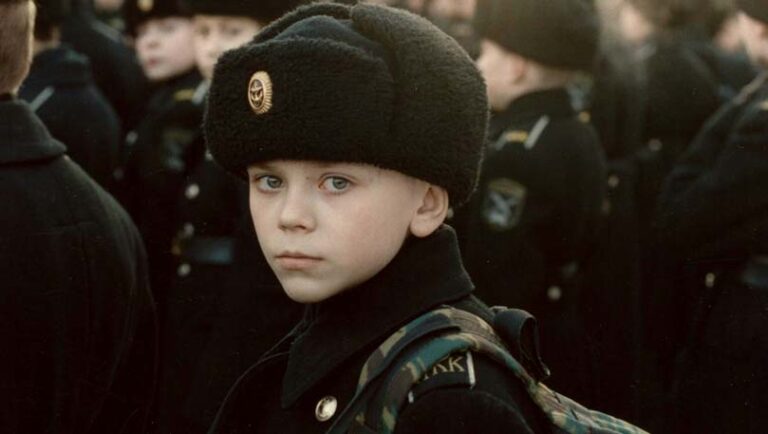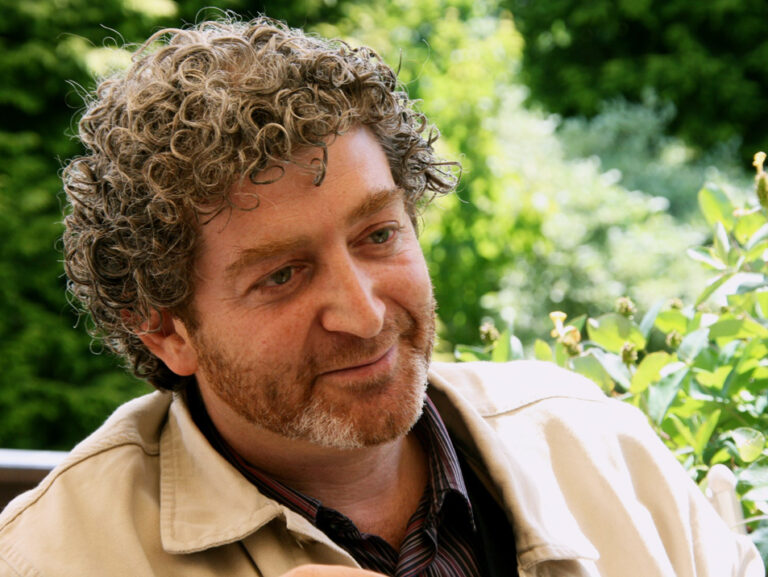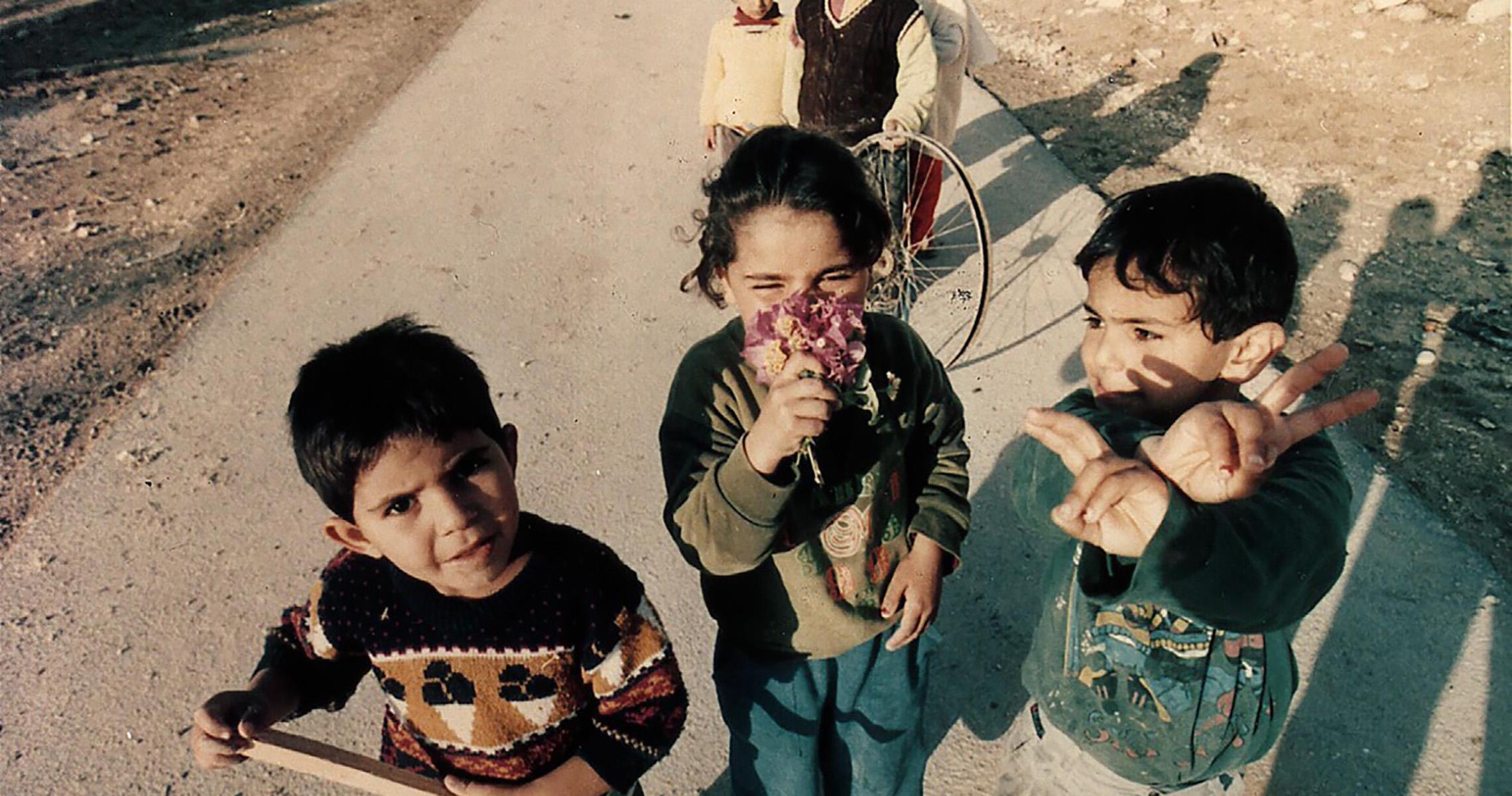Saturday, February 20, 2005. An attempt to
rehearse the opening of ZagrebDox, which
should start tomorrow at the Europa cinema.
Four technicians are bringing in the “beast” of an
HD projector that came from Switzerland to the
top of the auditorium. It is too big for the stairs
leading to the projection booth. We connect the
only Croatian HDCam VCR, insert the cassette
with Herzog’s White Diamond, press “play” and –
nothing. Some kind of code is needed, which we
don’t have. It’s Saturday and we’re starting a frantic
search for a producer, distributor, author… don’t
panic, but the situation is serious…
Sunday. Everything went fine. We screened the first
HD cinema documentary. And it was by Herzog!
Congratulations from the audience who didn’t
really believe that an author’s documentary could
be so exciting. After a drink and a small concert by
Afion, we leave the cinema. It’s starting to snow.
The statue of poet Tino Ujević gets a white ‘hat’…
Cut. Twenty years later. We showed over 2,800
films, our programme was watched by more than
350,000 spectators, we hosted over 6,500 guests.
Based on all this, our festival became the only
Croatian and one of the few worldwide festivals
whose winner directly qualifies for the European
Film Academy Award.
Over the past twenty years, ZagrebDox has also
introduced a number of novelties to our, as well as
to the world festival scene, such as:
• festival programming outside the usual “festival”
summer-autumn period
• parallel showing of equivalent programmes in
several theatres at the same time
• duration of the festival throughout the whole
week, with the screening of the all award-winning
films on the last day
• focusing on films, with a minimum of other
entertainment content
• showing, although we are a festival that charges
tickets, the entire competition in one, free-of-
charge cinema, for people of lower income
• from the first festival edition we introduced a
workshop for development, and from the second,
pitching of future documentary projects
• as far as we know, we are the only documentary
festival that has a “happy dox” category in which
we show positive, entertaining and goodhearted
documentaries
• we are the only ones, as far as we know, who have
introduced a special award for the authors over
55 years of age and thereby tried to point out the
values of “expendable” authors.
There is more – first of all, there are literally
hundreds of people who invest their knowledge,
time and energy in the success of the festival. Once
again – thank you!
However, marking the twentieth edition of
ZagrebDox, we have to face the fact that director
Pirjo Honkasalo tackles in the winning film of the
first edition – Three Rooms of Melancholia – about
Russian boys who are brainwashed to go to war in
Chechnya. To destroy, to be destroyed themselves.
If it reminds you of something that is happening
today, after twenty years, it means that, like us, you
recognise the reality of the world we live in.
And the documentary film addresses reality – as well
as this year’s ZagrebDox, which begins with a film
about corruption in the elections, and ends with a
doc about the tragic Israeli-Palestinian conflict.
Come and join us. Let’s watch movies together. Let’s
talk about them. Let’s exchange opinions…
It might not look like much. But it is important.
Because, as long as we talk, it’s good. Even if we
disagree. Especially then.
Nenad Puhovski – founder & artistic director of ZagrebDox



